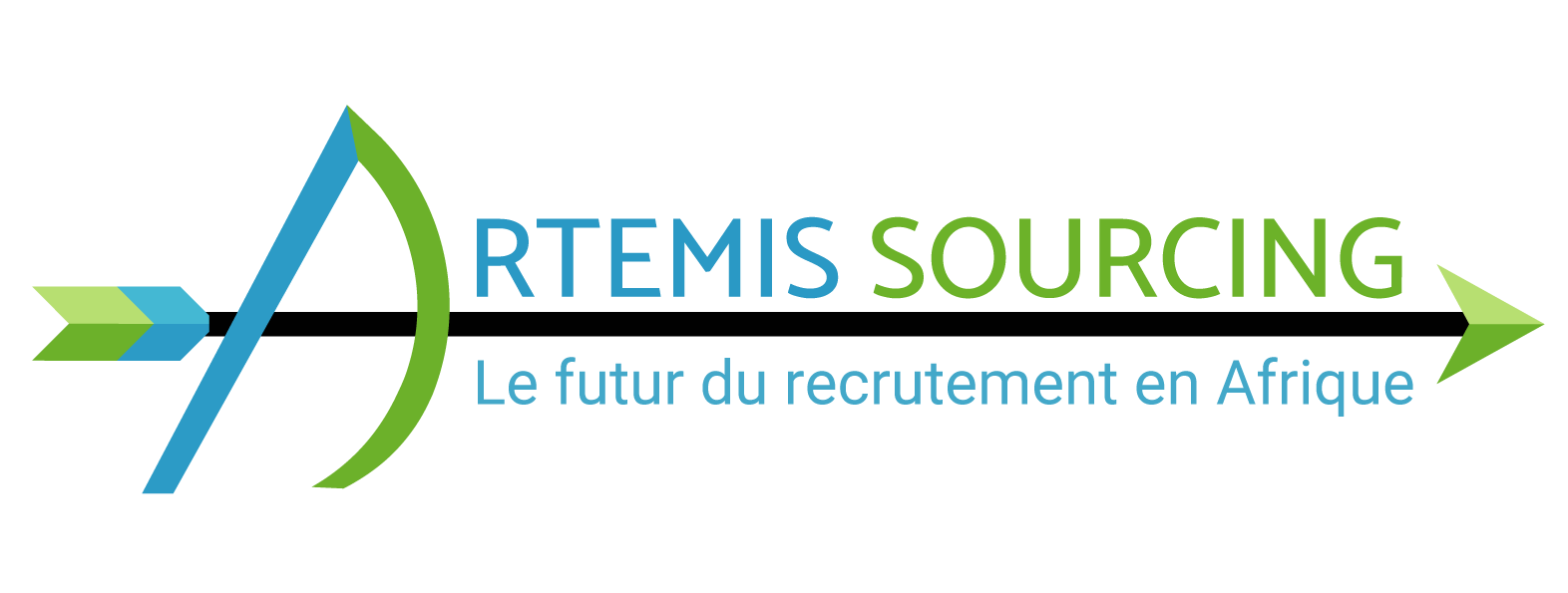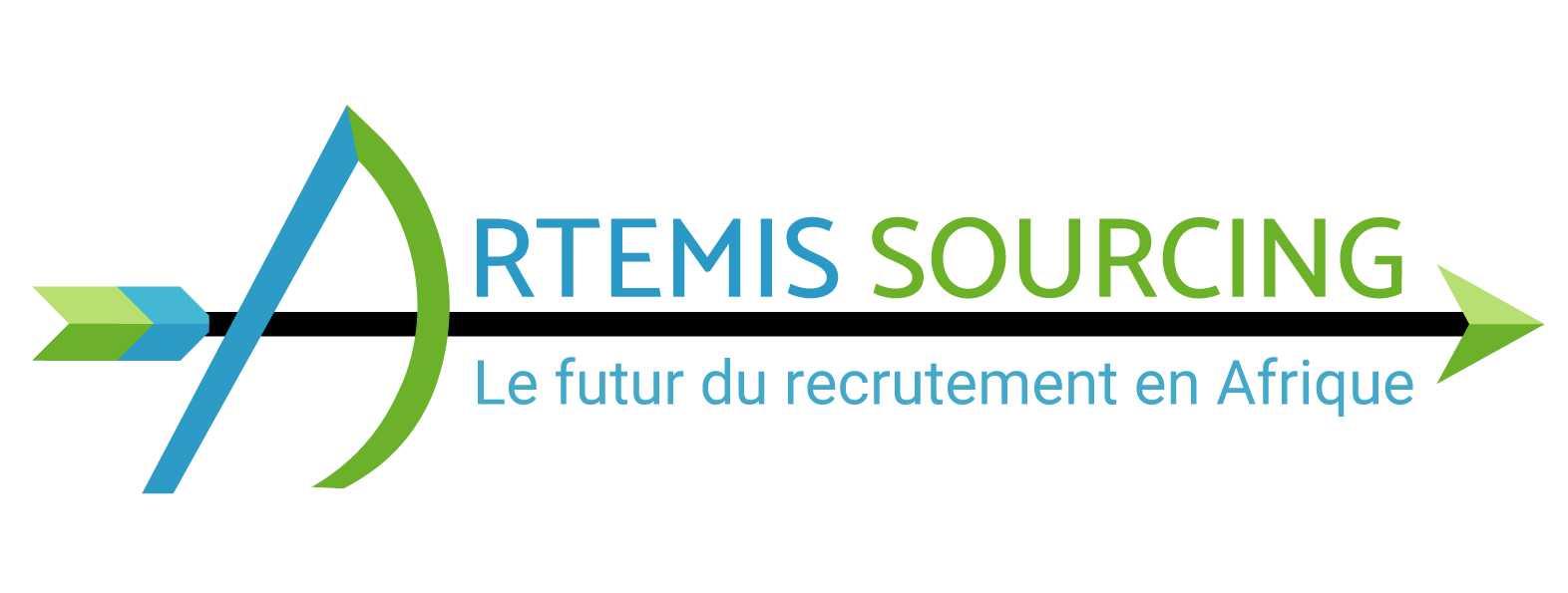Penetration Tester

Publié il y a 2 mois
Company Description
Our client is a leading player in IoT solutions with a decade-long presence in the telematics domain. They offer a diverse range of cutting-edge solutions tailored to optimize operations. Trusted by over 2000 entities in Saudi Arabia. With plans to further grow their Tunis office and become a top software company in the region, our client prioritizes competence, customer-centricity, and innovation in delivering their solutions.
Responsibilities:
- Penetration Testing: Conduct thorough penetration tests on network infrastructure, applications, and other systems to uncover security vulnerabilities.
- Vulnerability Assessments: Perform detailed vulnerability assessments and risk analyses to evaluate the security posture of systems and applications.
- Reporting: Document findings clearly and concisely, providing actionable recommendations to technical and non-technical stakeholders.
- Security Research: Stay abreast of the latest security threats, vulnerabilities, and attack vectors to continuously improve testing strategies.
- Tool Development: Develop and maintain custom scripts and tools to enhance penetration testing capabilities.
- Collaboration: Work closely with IT, development, and operations teams to remediate identified vulnerabilities and implement security best practices.
- Compliance: Ensure that security assessments are conducted in compliance with industry standards and regulations such as GDPR, PCI-DSS, and HIPAA.
- Incident Response: Assist in the investigation and resolution of security incidents as needed.
- Training and Awareness: Educate staff on security vulnerabilities, attack methods, and defensive techniques.
Qualifications
Required:
- Bachelor’s degree in Computer Science, Information Security, or a related field, or equivalent experience.
- Proven experience in penetration testing, vulnerability assessments, and ethical hacking.
- Strong understanding of network protocols, operating systems (Windows, Linux, etc.), and security architectures.
- Proficiency in programming/scripting languages (e.g., Python, Bash, PowerShell).
- Relevant certifications such as OSCP, CEH, CISSP, or equivalent.
- Excellent problem-solving skills and attention to detail.
- Strong written and verbal communication skills, with the ability to convey complex security issues to various stakeholders.
